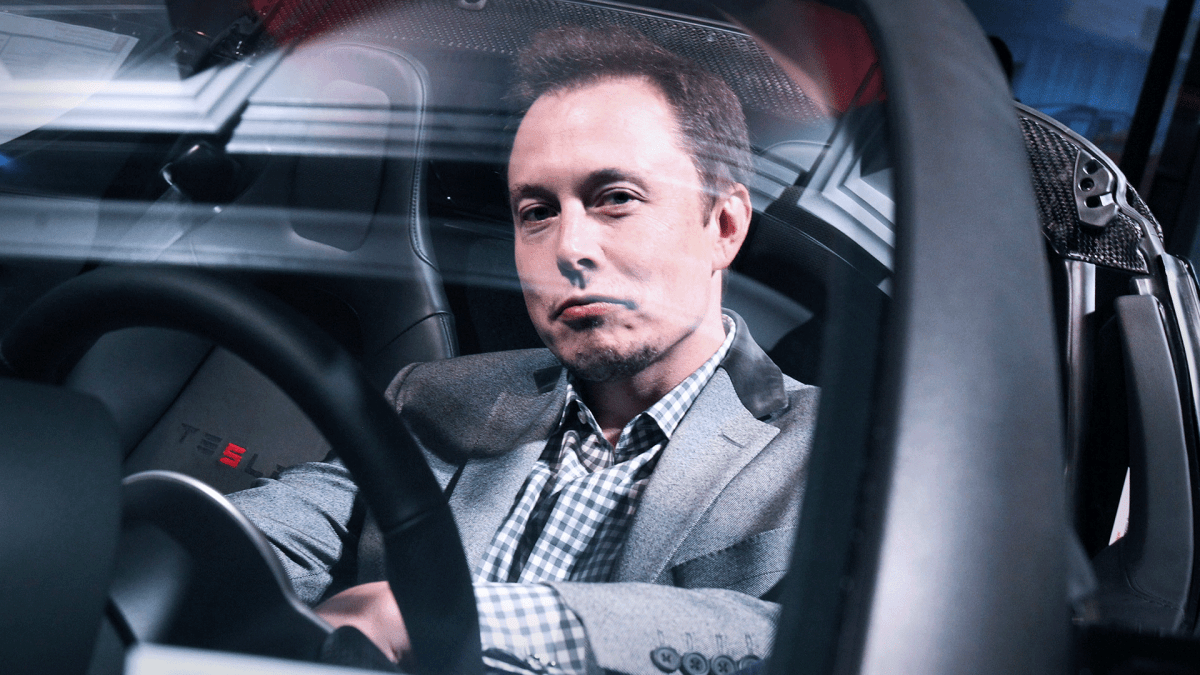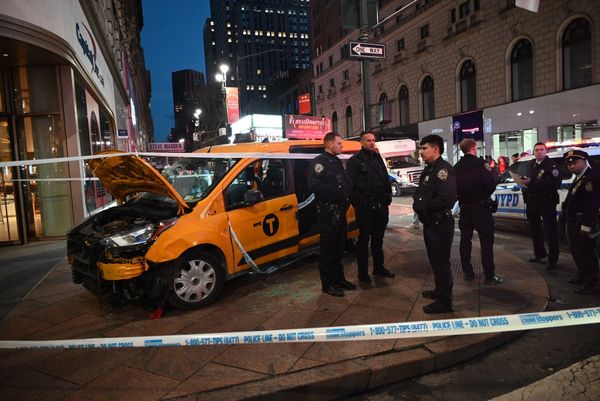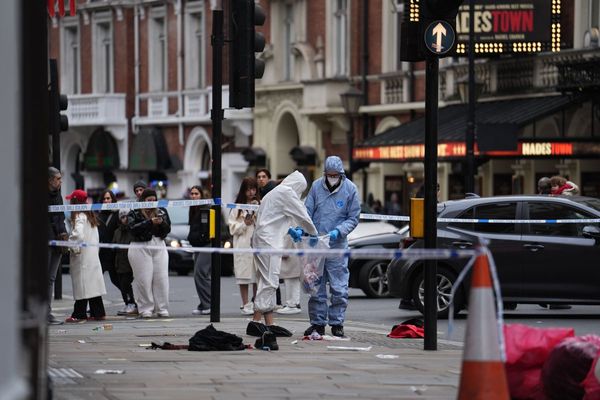
Elon Musk faces an opponent who hits hard like him.
This rival is, like him, used to not bending.
He is, like him, a defender of the people, whose interests he has been advocating on behalf for several decades now.
This is Ralph Nader, the former presidential candidate from 1996, 2000, 2004 and 2008, a nationally recognized consumer protection advocate.
DON'T MISS: Elon Musk Teases a New Tesla Car in a Cryptic Message
Born in 1934, a graduate of Harvard and Princeton, Nader, then a young lawyer, rose to prominence in the mid-1960s, becoming the symbol of the fight by consumers against the abuses of big business. His early work focused on safety practices in the automotive industry with the 1965 publication of the bestselling book "Unsafe at Any Speed."
The revelation that General Motors (GM) had Nader followed by a private detective, in an attempt to discredit him, earned him considerable media exposure and legitimized his campaign for tougher legislation in multiple areas. Many laws regulating trade, industry or access to privacy owe much to his lobbying. His fights have therefore made him a kind of Don Quixote, the character of the Spanish writer Miguel de Cervantes.
'Gigantic Corporate Welfare King'
It is with this notoriety and reputation that Nader has just attacked Elon Musk, whom he called "welfare king," with unprecedented vigor. In this scathing charge, the consumer advocate downplayed Musk's entrepreneurial side. He credits the billionaire' success to the federal support Musk reportedly received.
"Musk (@elonmusk) started Tesla with a huge U.S. government welfare grant," Nader tweeted at the techno king on Feb. 24. "He has taken taxpayers to the cleaners for his factories and for Starlink. He is a gigantic corporate welfare king masquerading as a capitalist businessman."
Starlink is the satellite internet access service developed by SpaceX, the rocket company founded by Musk. Starlink became world famous after Musk decided to provide the service for free to Ukraine, when the Russian invasion destroyed the country's communications infrastructure.
It is not insignificant that Nader targets Tesla and Starlink. Both helped make Musk popular with the general public. Tesla (TSLA) succeeded in convincing authorities and the entire automotive industry to transform itself, by developing electric vehicles at the expense of gasoline-powered cars. Today, when consumers talk about green and clean vehicles, Tesla is the name that comes up.
Starlink, for its part, helped propel Musk onto the global geopolitical stage and made him an influential leader.
Nader therefore attacks two symbols of the billionaire's power. He thus seeks to weaken it and to deconstruct the image that millions of people around the world have of the serial entrepreneur. Musk seems to have sensed the trap and did not hesitate to respond immediately. His response is just as shattering as his opponent's attack.
'You Are Lying'
"Ralph Nader, you are lying – shame on you!" Musk hit back, dismissing the fact that Tesla owes its success to the financial assistance of the federal government. "I personally provided almost all Tesla funding, based on my proceeds from PayPal, from Series A in 2004 until Series C in 2007."
Series A and Series C are terms used to describe startup funding rounds. These funding rounds allow startups to raise the capital they need to establish themselves and grow.
"In late 2008, I gave Tesla the last money I had. It was that or the company would have died. We closed that funding round at 6pm on Christmas Eve," the billionaire continued. "If we had not closed that round, Tesla would have gone bankrupt 2 days after Christmas. I gave my last money thinking Tesla would probably still die, not thinking that it would be lucrative."
Musk added: "The first meaningful government funding Tesla received was in Q2 2010 from a loan under the vehicle efficiency lending program. Tesla paid back that loan early with interest. Taxpayers actually made a profit."
In January 2010, Tesla received a $465 million loan from the US Department of Energy, under a highly controversial green car support plan called the Advanced Technology Vehicles Manufacturing (ATVM) loan program.
The loan was awarded "to produce specially designed, all-electric plug-in vehicles and to develop a manufacturing facility in Fremont, California to produce battery packs, electric motors, and other powertrain components for powering specially designed all-electric vehicles," according to Loan Programs Office.
Tesla repaid this loan in May 2013, nine years before the due date.
Other automakers like General Motors and Fisker also received the ATVM loans.
The question, however, is whether Nader was only talking about this loan or whether he was also referring to the $7,500 federal tax credits given to consumers buying an electric vehicle.
The consumer protection advocate has not responded to Musk's scathing retort as of this writing.
This isn't the first time Nader has taken on Musk. Last August, he called on federal regulators to recall Full Self Driving (FSD), the advanced feature of Tesla's driver assistance system.
"I am calling on federal regulators to act immediately to prevent the growing deaths and injuries from Tesla manslaughtering crashes with this technology,” Nader said, at the time, in a statement released by the Center for Auto Safety.
FSD, which costs $15,000, is a cash machine for Tesla.







